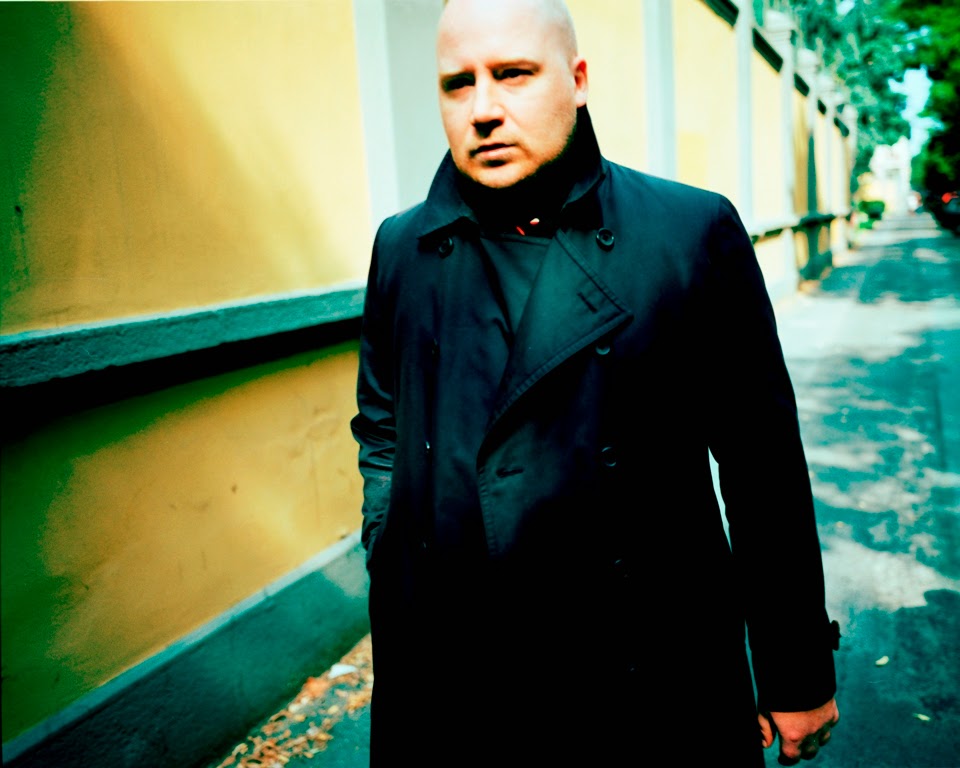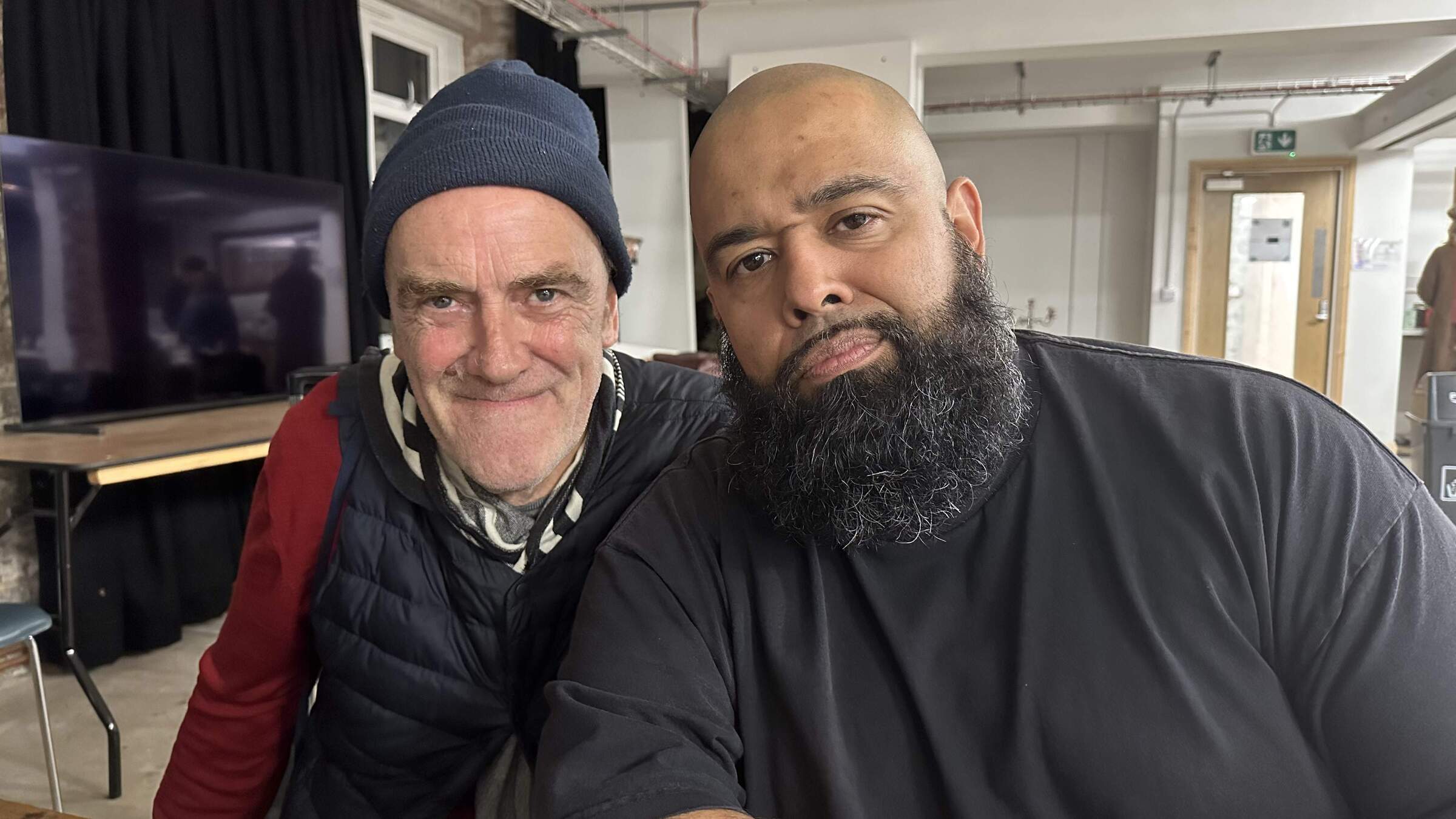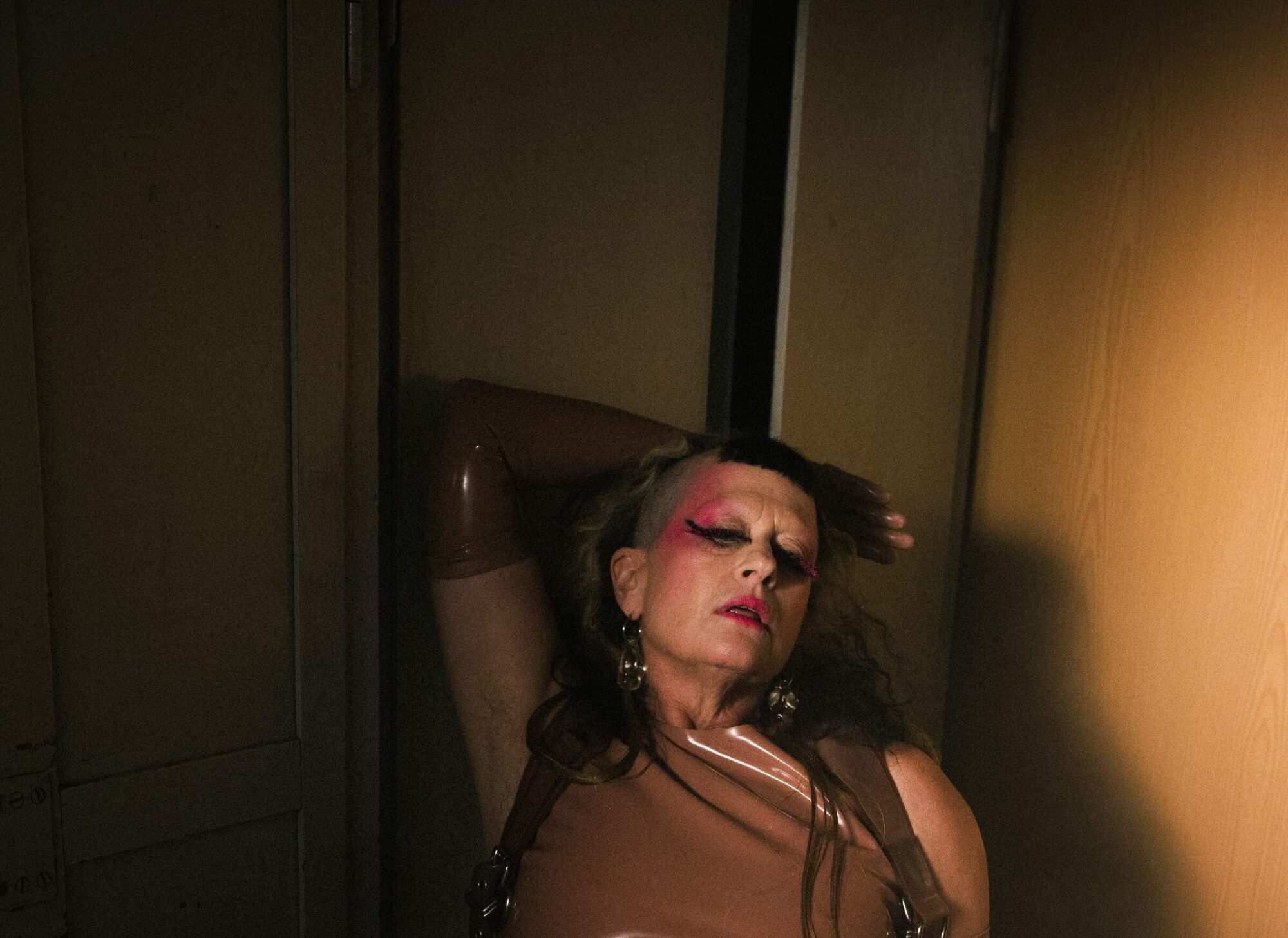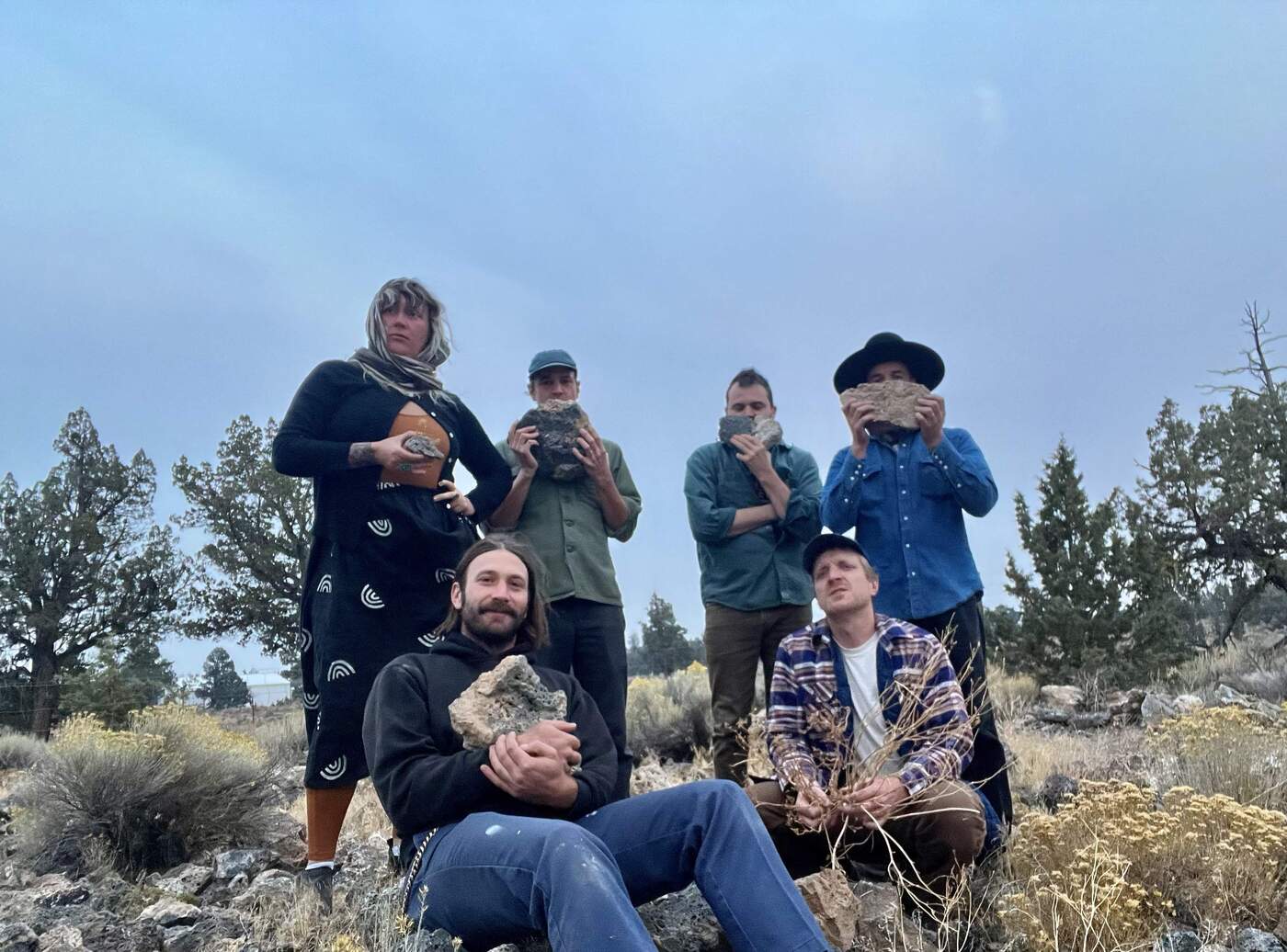Jóhann Jóhannsson “The Theory Of Everything – Original Motion Picture Soundtrack” interview
Composer Jóhann Jóhannsson has recently completed the score
for Focus Features’ upcoming film The Theory of Everything. Jóhannsson’s
intricate compositions provide a stunning backdrop to the romantic drama about
Stephen and Jane Hawking, portrayed in the film by Eddie Redmayne (Les
Misérables) and Felicity Jones (The Amazing Spider-Man 2). The film is directed
by Academy Award winner James Marsh (Man on Wire). We made an interview with
Mr. Jóhannsson about his work.
for Focus Features’ upcoming film The Theory of Everything. Jóhannsson’s
intricate compositions provide a stunning backdrop to the romantic drama about
Stephen and Jane Hawking, portrayed in the film by Eddie Redmayne (Les
Misérables) and Felicity Jones (The Amazing Spider-Man 2). The film is directed
by Academy Award winner James Marsh (Man on Wire). We made an interview with
Mr. Jóhannsson about his work.
How do you approach starting, developing and finishing a film score and does it vary for each film?
The writing process usually starts with a meeting with the director. The next steps depend on during which phase of the production I join the project. If it’s before shooting, I tend to write a few initial pieces based on the script and the conversations with the director. I prefer to try to get a feel for the project very early on if possible. Sometimes I join the film much later, during the editing and then the process involves viewing a rough cut or certain individual scenes and using that as a starting point. The writing phase is usually quite the same, in that in involves the same process of finding the voice of the film and determining the mood and atmosphere that I want to work with. No film is alike, so there are always different requirements for each film and the process always varies subtly, even though the basic elements remain the same.
Tell us about making the music for The Theory of Everything – did you feel pressure to record exceptional music as the film deals with such an exceptional character?
I approached the music very much on emotional terms. It’s a film about a physicist, but it’s in essence a kind of odd love story. The music stems from the tension between Hawking the man and Hawking the scientist. Most of the score is derived from very simple elements that are announced in the first frames of the film – a four note piano ostinato which then slowly expands into more complex forms and appears and re-appears evolved, deconstructed and re-assembled in various renderings throughout the film.
Did you collaborate closely with director and screenwriter, or were you lefty to record the soundtrack without intervention.
Cinema is a collaborative art form and writing film music is always done in a dialogue with the filmmaker. It´s important to maintain your own voice in this kind of collaborative environment and I try to choose projects where I know that my musical voice can be an asset. However, when writing film music the priority is the film, so the music needs to work for the film. I’m usually hired because the director likes my sound, so there is normally not a lot of conflict. I regard the director as an artistic collaborator, much like I how would regard a fellow musician.
Last year you wrote the score for the Warners Bros. film Prisoners. How different did you find recording that compared to The Theory Of Everything?
Prisoners and Theory of Everything are very different films.
I felt it was important to choose a project a project after Prisoners that would reflect another side of my musical personality. The Prisoners score is really dark and brooding, quite stark and bleak, with more emphasis on texture with a strong contrast between the more delicate lyrical sections and other more abrasive and sometimes quite brutal sections where in addition to strings and woodwinds I used pipe organ and strange instruments like the Cristal Bachet, which is a kind of glass harmonica and the Ondes Martenot, which is an electronic instrument from the 1920’s. Theory of Everything on the other hand offered opportunities to play with a more colourful palette, using orchestration to create a quite lush and ornate sound that kind of shimmers and sparkles like the firmament. The film gave me an opportunity to play with orchestration in ways that I hadn’t done before. Theory of Everything is music that is scored for an orchestra playing in a room, as opposed to Prisoners, where the orchestra is just one element of many that are assembled together.
You’re hired for various soundtracks but have also released several solo albums. What’s the difference in making solo releases as opposed to something you’re doing which has to fit others’ requirements?
When I’m writing my solo projects, I start with a blank slate. My solo albums are projects that I’m solely responsible for and of which I’m the main architect. A film score offers an opportunity to contribute to a work of art that is the result of the collaboration between many different artists and where certain parameters and structures are already in place. So it’s fundamentally very different. However, the actual writing process is very much the same, I don’t really put myself in a special “film music mode” or “solo album mode”. It all originates from the same place, even though the external, more practical and structural factors are different.
TTOE soundtrack music was recorded at the famous Abbey Road Studios – how was your experience there?
It is an amazing place to record. Studio 1 sounds wonderful and the London players are some of the best in the world. There really is a magical element to the sound there which you don’t really get anywhere else, particularly for the kind of sound I was after for Theory. I recorded Prisoners at Air Studios in London, which is different in a subtle way, but equally great.
In addition to TTOE soundtrack, what other release or events are forthcoming?
I’m working on Prisoners director Denis Villeneuve’s new film Sicario right now. I’m premiering a new piece for choir and string quartet, Drone Mass, in March at the Metropolitan Museum of Art in New York. There is also another premiere of a new audiovisual work, Last and First Men, in Belgium in May.
Would you like to share anything else with It’s Psychedelic Baby readers?
Thank you for the questions!
Interview made by Klemen Breznikar/2015
© Copyright http://psychedelicbaby.blogspot.com/2015
Array

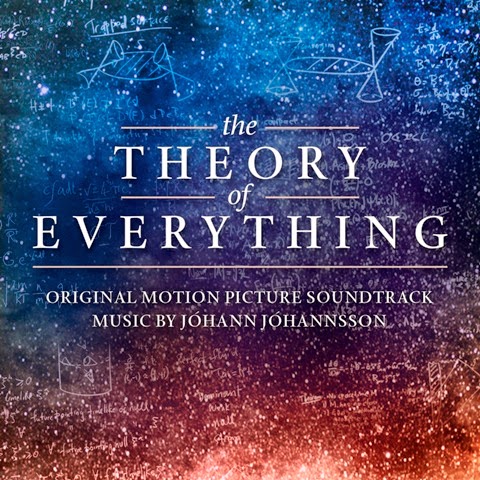%2B(2).jpg)

